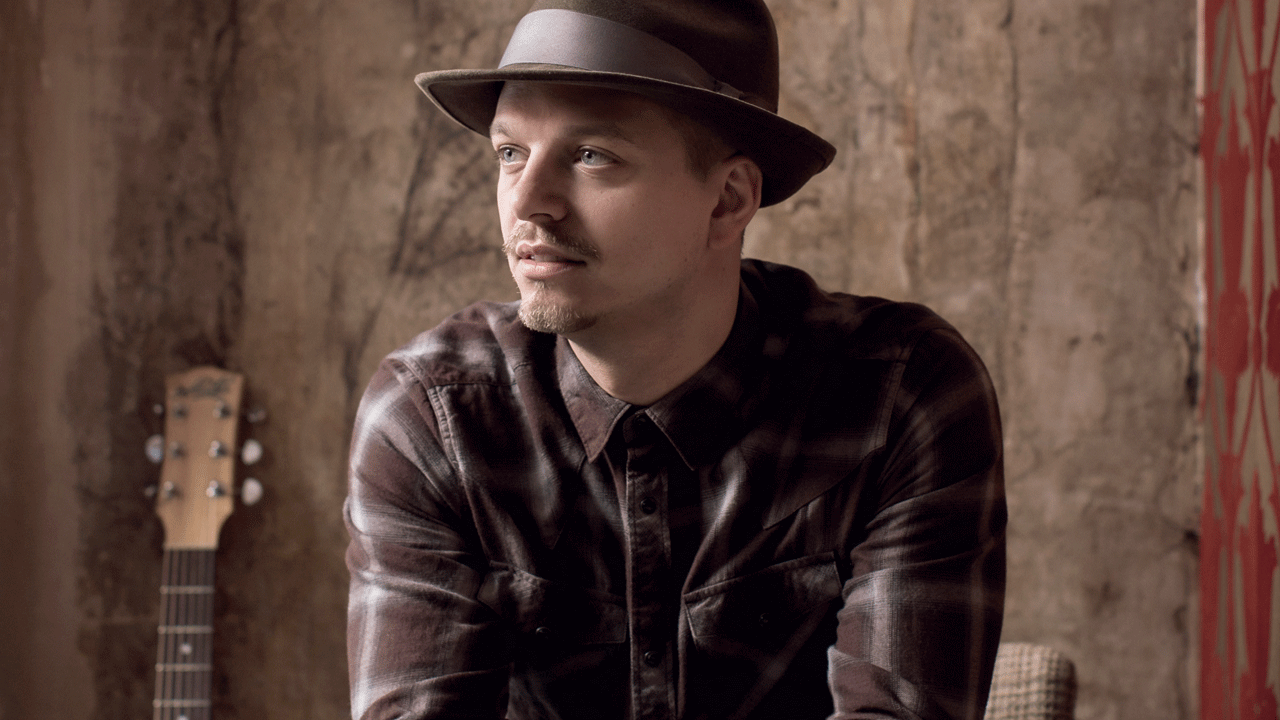He compares it to a ‘third arm’, and short of cuddling up to it in bed every night, you doubt Tristan Mackay could have a much closer bond to his acoustic guitar. But the title track of his second album, Wire & Wood, explains just why this instrument was such an important friend to him as a teenager seeking shelter from domestic turbulence.
“It happens to a lot of people,” he says. “My family broke down and Wire & Wood is about how the guitar became a solace for me.”
Having taught himself by playing along to Eric Clapton’s 1992 album Unplugged, Mackay later graduated to busking after moving from his native Devon to Leeds University. “Then one day I met another busker and he asked why I didn’t play with an amp. So I borrowed his and I made £500 in a couple of hours!”/o:p
That paid for his own gear and the step up to solo gigs, which in turn generated enough funds to finance his 2012 debut Out Along The Wire, which reached No.1 on the iTunes Blues chart in the UK and Australia. Yet even that success didn’t pay the bills, with his wife expecting their first child. So it was back to the street corner. “I was playing to shoppers again, and I realised I needed more capital to be able to do another record, so I tried Kickstarter.”
The crowd-funding website raised enough to get the Mackay show back on the road – or rather, back in the studio – and the result is more stripped back but even more impressive, direct and captivating than its predecessor. Curiously, there’s one aspect of Mackay’s performances that highlight the emotional honesty of his songs. In an age where supposedly ‘posh’ performers such as James Blunt and Mumford & Sons are sneered upon, it’s the unashamedly natural, Queen’s English accent in which he sings.
“The more I affect my voice and make it something it isn’t, the less people connect with it and are drawn into the lyrics. I see it like a conversation – if you think someone’s putting on an act you immediately regard it as disingenuous and you switch off.”
The same philosophy is reflected in his songwriting style. He eschews vague metaphors, and instead sings what he feels. The honesty of Black Sheep (‘Are you like me? Did you fall off your family tree?’) is all the more resonant for it.
Meanwhile, the slow, soulful steel-stringed licks that adorn A Kind Of Blue and Two Of A Kind make for a strand of bluesy folk that is beautifully languid and laid-back.
Mind you, he’s hoping you won’t be hearing them played live on a shopping street near you any time soon. “I’d really like to play indoors from now on,” he says. “It really helps your playing when your fingers haven’t gone numb from the cold!”/o:p
Wire & Wood is out now on Battered Hat Records/o:p
INFLUENCES
“Apart from Eric Clapton, I love the slow style of playing of Peter Green. [Fleetwood Mac’s version of] Need Your Love So Bad had a big impact on me. I go to melodic blues players like BB King for inspiration too, and applying that style of playing to an acoustic guitar is my forte.”/o:p


